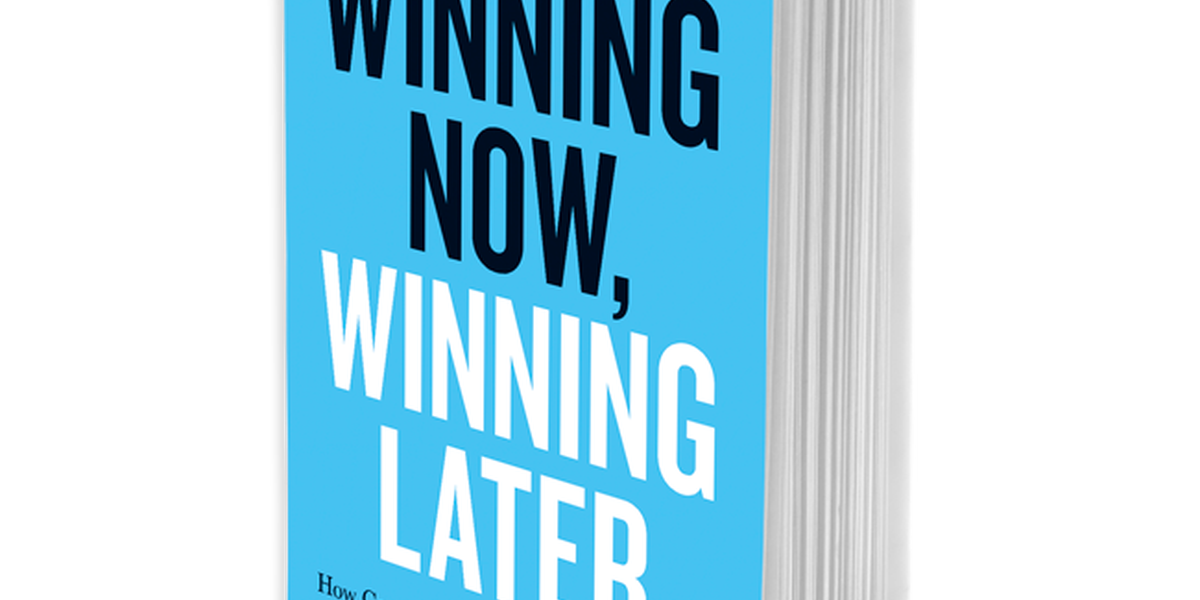[ad_1]

OpenAI’s ChatGPT may have taken the world by storm, but the A.I. chatbot is blocked in China, as are many internet apps, including Facebook and YouTube. Predictably, Chinese startups are racing to become their nation’s version of Microsoft-backed OpenAI.
American money is indirectly helping them out, and Keith Rabois, a general partner at venture capital firm Founders Fund, has a problem with that.
On Wednesday, the PayPal Mafia alum tweeted, “This needs to be illegal” while sharing an article from tech news site The Information entitled “Sequoia and Other U.S.-Backed VCs Are Funding China’s Answer to OpenAI.”
The article outlines how American institutional investors, including U.S. endowments, back Chinese VC firms that in turn are investing in Chinese A.I. startups. Among those firms is Sequoia Capital China, the Chinese affiliate of the Silicon Valley VC giant.
When another Twitter user noted the VCs were technically Chinese VC firms, not U.S. ones—albeit with some U.S. ties—Rabois added the firms “should not be allowed to take any LP [limited partner] money from the US.”
The Biden administration is reportedly mulling an executive order, with national security risks in mind, that would impose new controls on U.S. investors looking to support Chinese projects on certain technologies, including semiconductors, and A.I. Rabois suggested Wednesday that the White House should “move on it already.”
Rabois added in another follow-up tweet that “investing in arming the enemy” should be illegal.
According to The Information, Sequoia China recently made a U.S.-dollar investment in a new A.I. startup led by a former Google employee who has published research related to large language models, similar to the kind developed by OpenAI and Google and used for their A.I. chatbots.
Of course, there’s nothing new about Chinese tech startups raising money in U.S. dollars from VC funds that have backing from U.S. pension funds or university endowments.
But the power of A.I. systems like OpenAI’s ChatGPT—and the more capable successor GPT-4—has alarmed many observers. Last month, Tesla CEO Elon Musk and Apple cofounder Steve Wozniak were among a large group of experts calling for a six-month pause on developing any A.I. system more powerful than GPT-4.
[ad_2]
Source link


